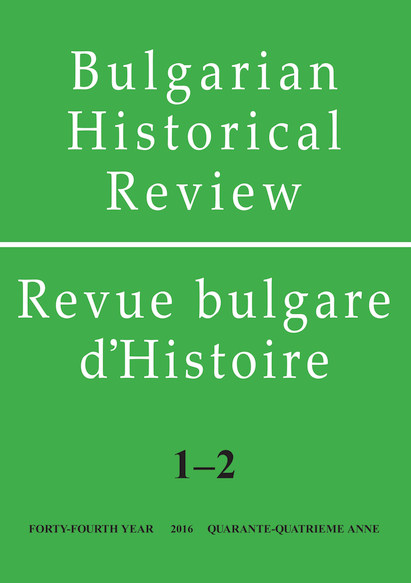
We kindly inform you that, as long as the subject affiliation of our 300.000+ articles is in progress, you might get unsufficient or no results on your third level or second level search. In this case, please broaden your search criteria.

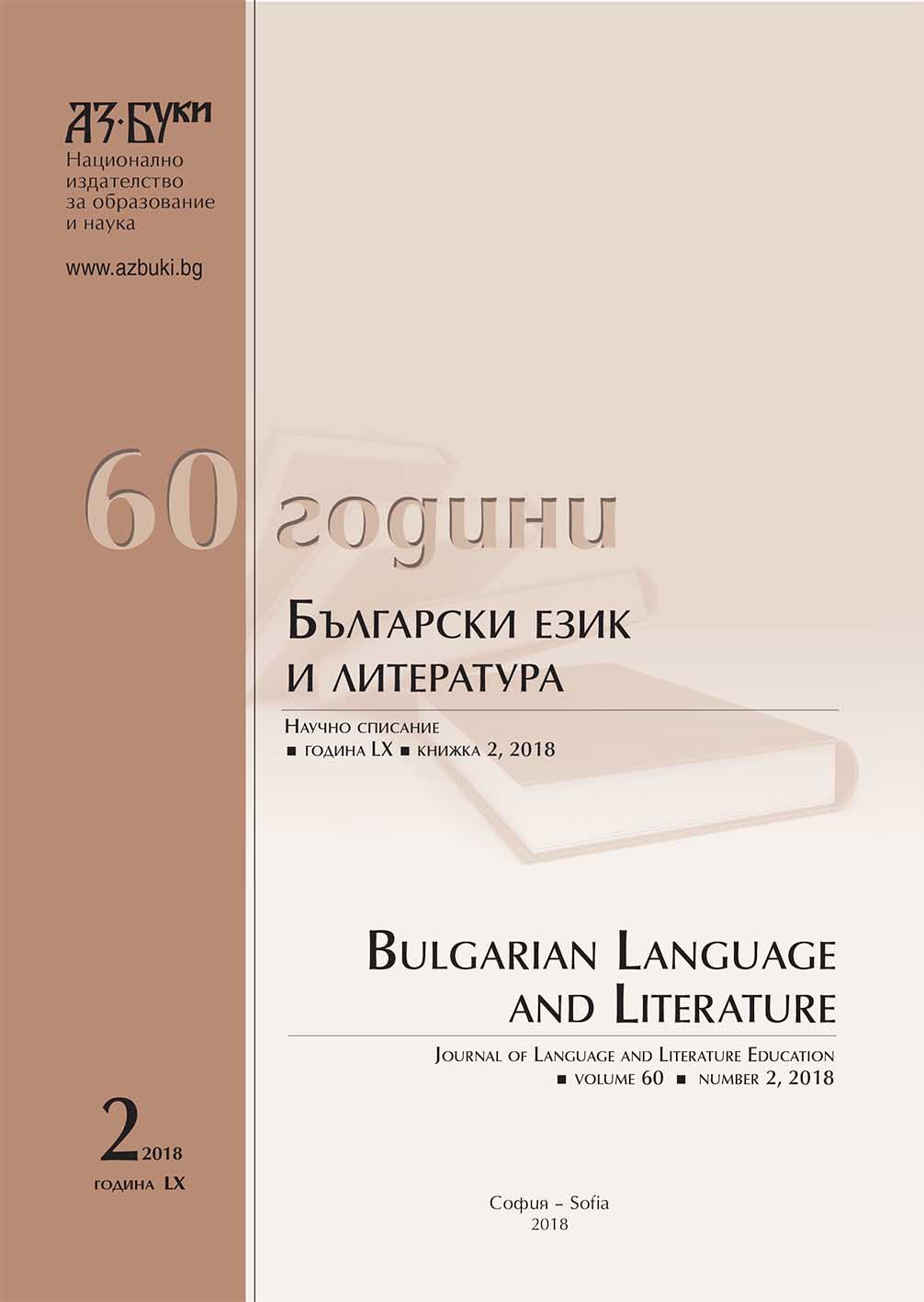
The Bulgarian dialectаl language today, due to changes of an extra-linguistic nature, is found both inside and outside the state borders of the Republic of Bulgaria in the three historical geographic areas: Moesia, Thrace and Macedonia. Due to the impossibility for Bulgaria to achieve its national reunification in the twentieth century and due to the imposed emigration of the population in the past after various wars, the Bulgarian language has a record number of attempts for writing-regional codifications - six, one of them being the Vardar-Macedonian one.
More...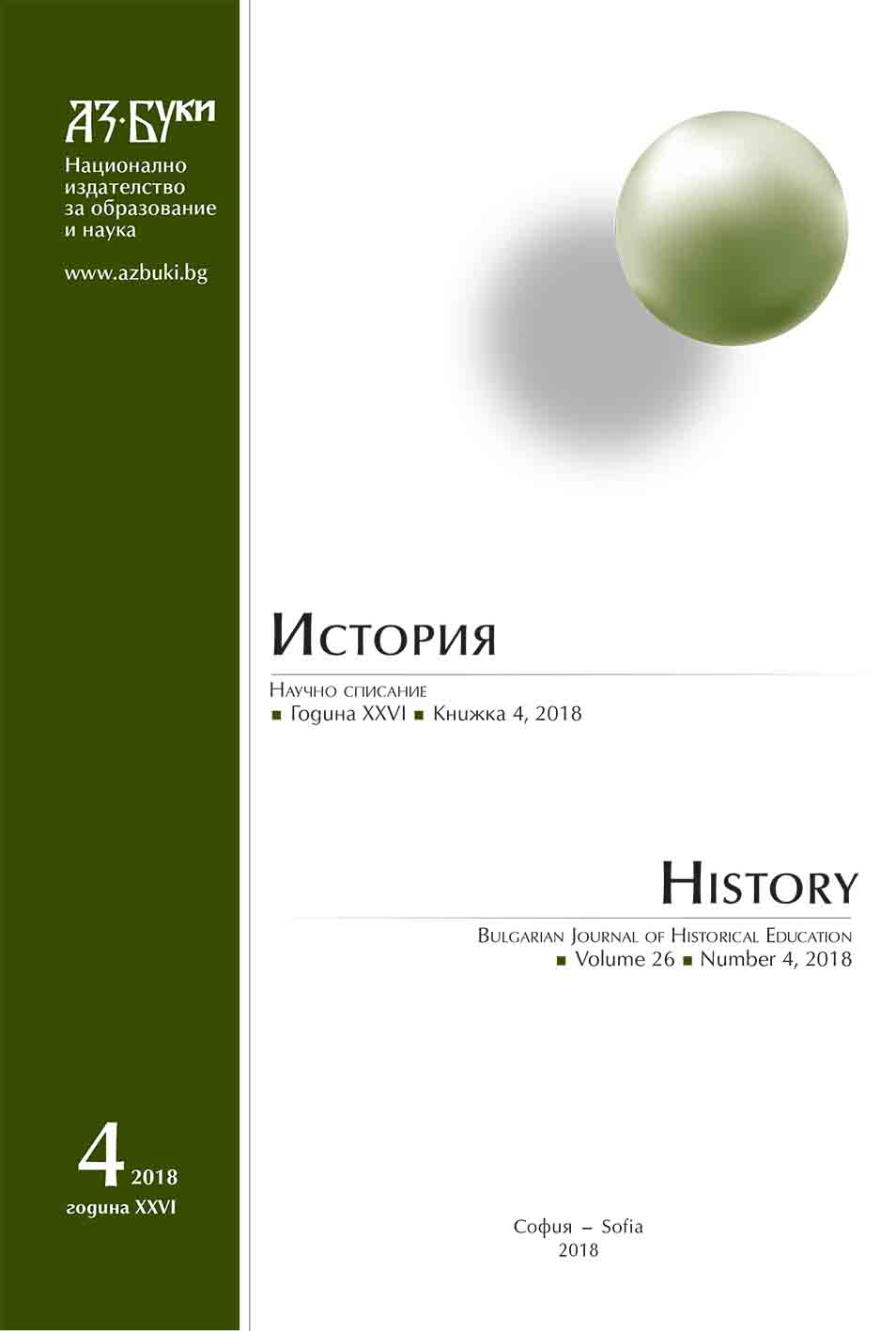
The research is historical and pedagogical and aims to outline the main trends in the development of the library education in Bulgaria during the period 1918 – 1944. It is also a first attempt for a multilevel study of library education as a segment of Bulgarian education, in particular of non-formal education in Bulgaria.
More...
The family and the relations in it have always been in the focus of the social sciences and humanities. They attract particular interest in cases of mixed marriages between individuals from different confessional communities. The present study will pay attention to mixed marriages between Orthodox Christians and Jews. It is based on the history of a family from the city of Sofia, the attitude of the spouses towards religion and the impact of these relations on the children in the family in the 20th century.
More...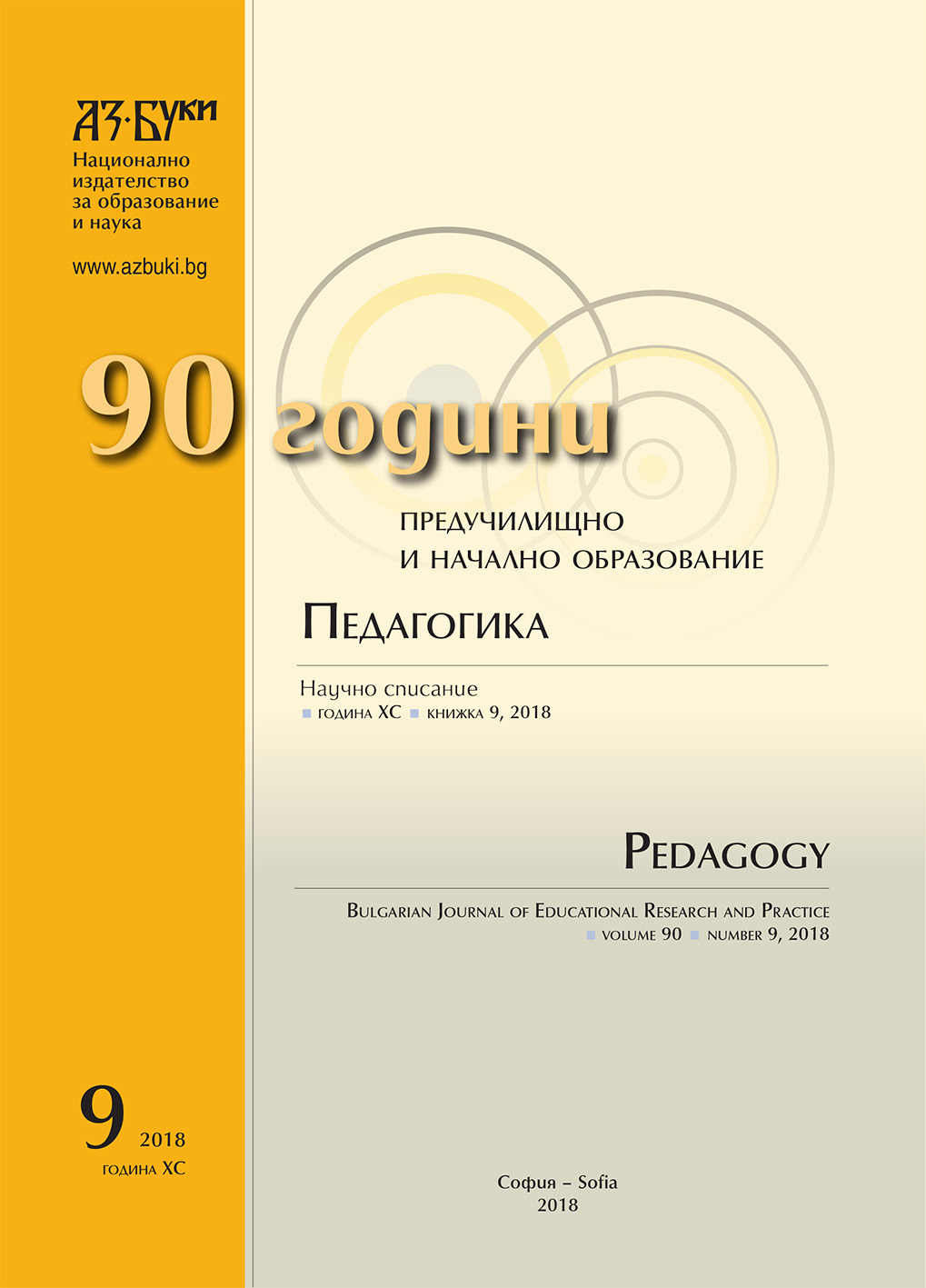
The paper presents the child protection in Bulgaria from the Liberation Period (1878) to 1944. The role of private charity organizations and the state policy for child care and welfare are analyzed.
More...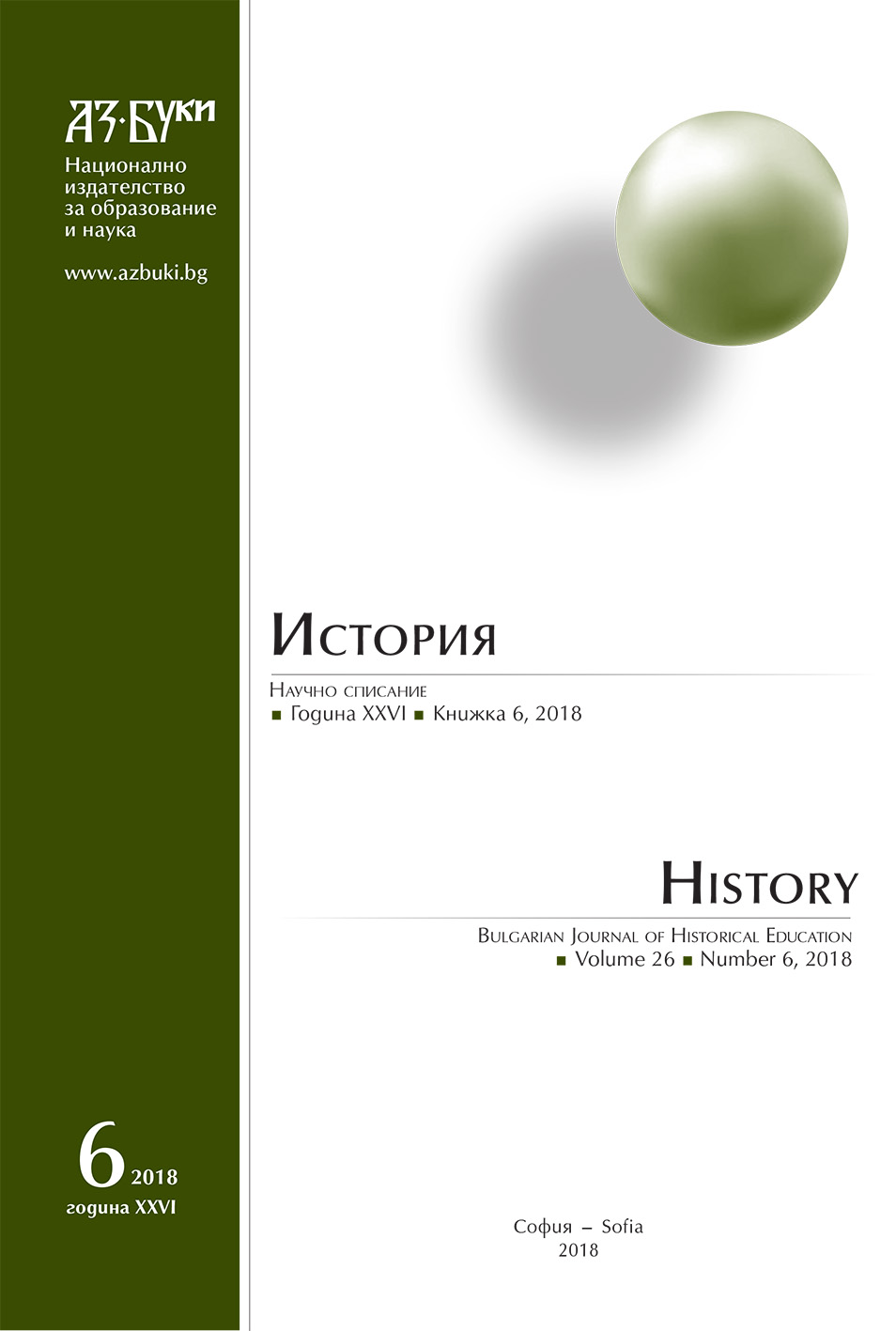
The study is devoted to Bulgaria’s role in the principal conceptions of Polish foreign policy between thetwo great wars. Both states functioned in a radically different geopolitical constellation of powers, however they had one similarity. Poland belonged to the major European beneficiaries of the World War I, because due to this conflict itregainedits independence after along period of partitions. Bulgaria lost the First World War. The country had to conclude a very uncomfortable peace treaty of Neuilly-sur-Seine. But both states were in conflict with themajority of their neighbors. A unique perspective for Polish-Bulgarian cooperation was possible in the framework of thePolish conception of “Intermarium” Bloc. Unfortunately, this vision appeared only as a theory.
More...
The common enemy of the reborn Poland and the Ukrainian People’s Republic was Bolshevik Russia. On the initiative of the leaders of both countries: Józef Piłsudski and Symon Petlura, an alliance agreement was signed between Poland and the Ukrainian People’s Republic on 22 April 1920. Piłsudski treated cooperation with Ukraine as a key element of his broader plan to rebuild eastern Europe. The result of the concluded alliance was the participation of the Ukrainian army in defense of Poland against the Bolshevik invasion in the summer of 1920. However, the great military victory was largely wasted politically because no Ukrainian state was established. The Treaty of Riga, signed on March 18, 1921, signified de facto defeat of Piłsudski’s plans.
More...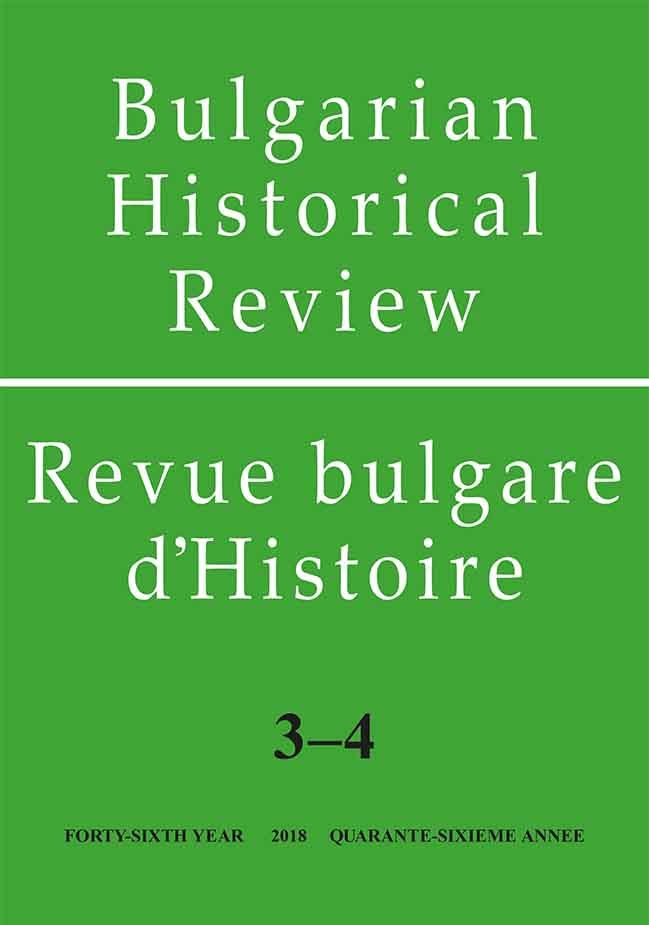
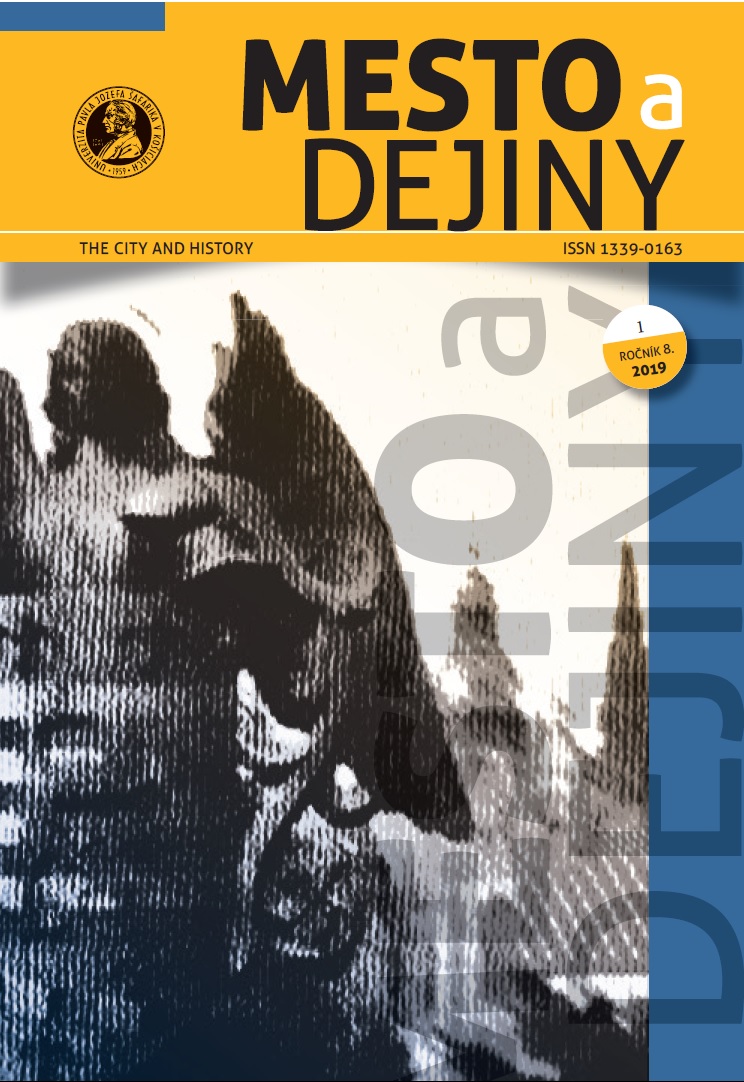
The extension of totalitarian and authoritarian regimes in the first half of the twentieth century, which hit most European states, required political interferences within the highest legislative and executive authorities of states as well as in local administrations and bodies of self-government. Legislative interventions resulted in the formation of new local political elites whose representatives, mostly recruited by the criterion of political reliability, held the defining positions and played the significant role in implementing anti-Jewish policy during the Holocaust era. The main aim of this contribution is the analysis of the mechanisms of legislative interventions into the creation of new local political elites in selected examples of Nazi-occupied countries (General Government, Protectorate of Bohemia and Moravia) and allied regimes (Slovak State and Hungary).
More...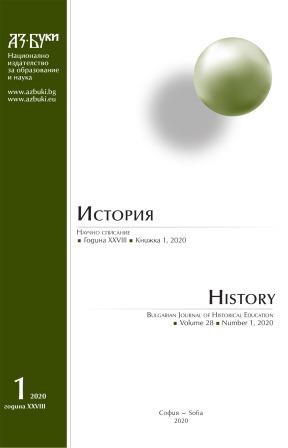
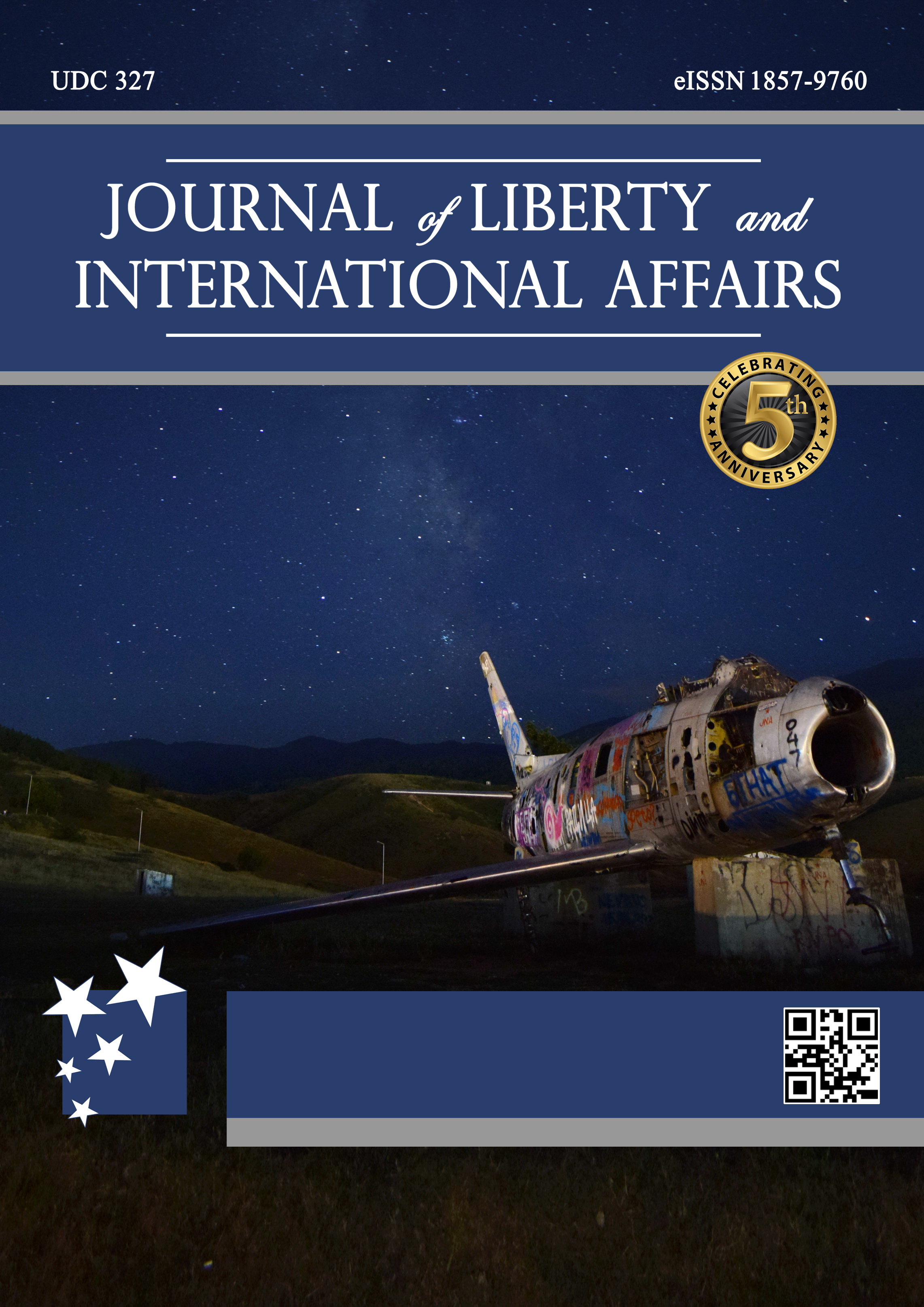
This paper aims to bring to the public one of the most important moments in the history of modern times of Albania. After the Albanian independence on 28 November 1912 and international recognition of Albanian state on 29 July 1913, in 1919-1920, many national and international events unraveled which initially posed a real danger for Albania to become an independent state. The Paris Peace Conference, organized after the First World War by the Great Powers which win the war, and in which 27 winning states took part, became the real world center of that time. The Albanian point of view was headed directly at this Conference, with the hope to gain its independence and to win the right of self determination for its people. The main issues of the Conference were: border correction, especially in the southern part of Albania, relations between the Balkan states regarding Albania, the position of Italy, Kingdom of Serbs, Croats and Slovenes, and the position of Greece over Albania, and the real threat of secret pact during the First World War and the new role of American President, Woodrow Wilson. This paper also aims to bring the attitude of the Albanian delegation at the Paris Peace Conference and the position of Italy, France, Great Britain and Greece.
More...
The article presents the conditions of the policy towards the minority inhabiting the area of Gdansk Pomerania in the years 1900-1939. The focus was on determining the reasons for conducting a different policy by the German Empire and the Polish state established after the end of World War I towards Pomeranian indigenous people. It was shown that the main factors determining the manner of conducting this policy were the characteristics of individual national groups, the way the countries of origin influenced, and the reaction of this population to the actions of administrative authorities, which were considered a violation of their sense of security.
More...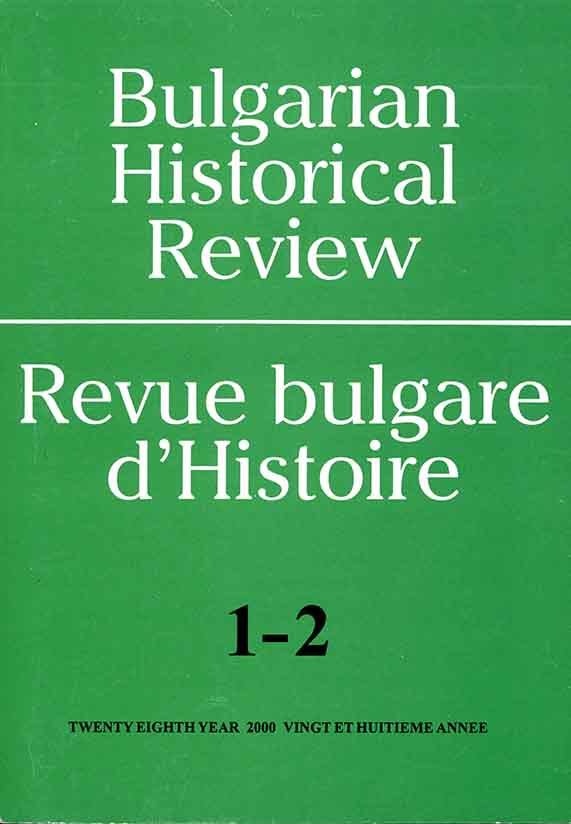
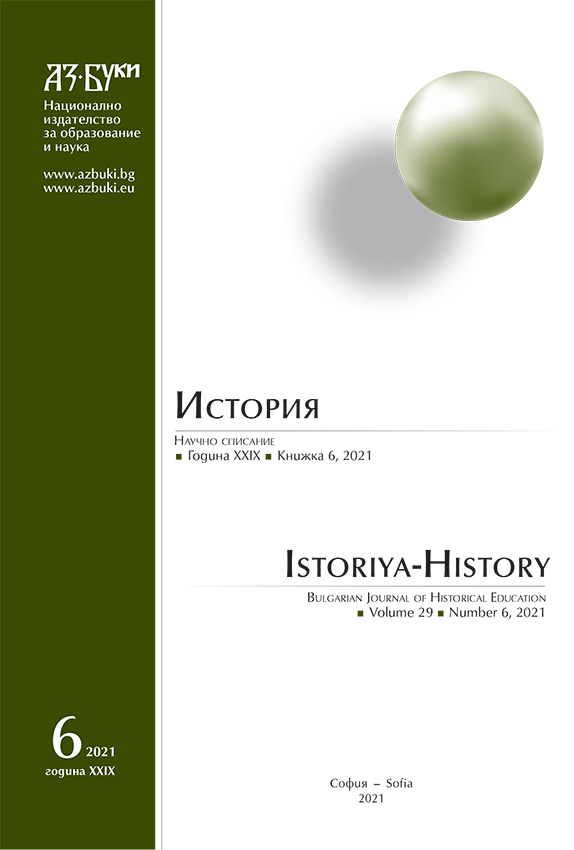


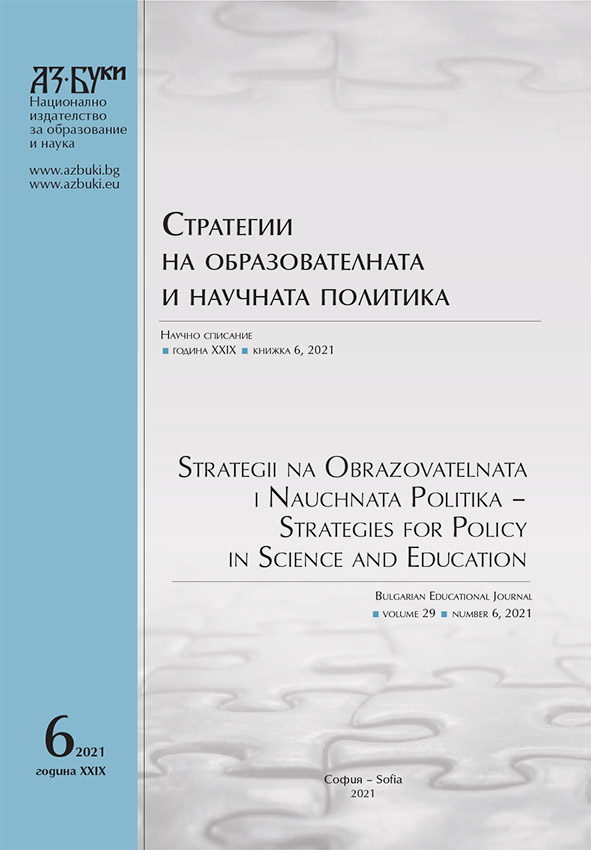
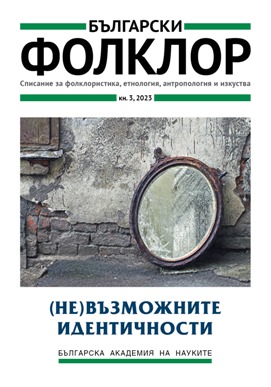
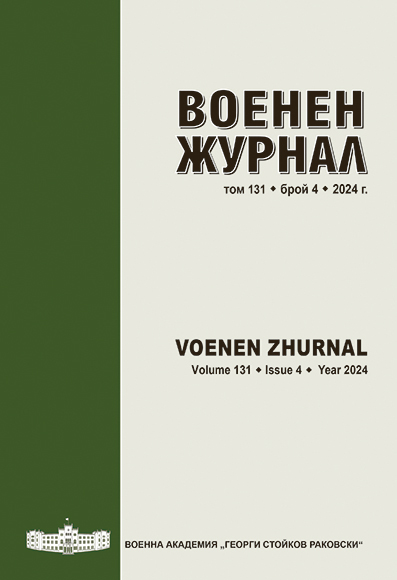
The status of Mount Athos during the First Balkan War and the accompanying peace negotiations was a major issue for Russia, Greece and the Western Great Powers. Paradoxically, Bulgaria, which is one of the countries in the Balkan Union, shows almost no interest in this problem. Bulgarian diplomacy perceives it as a private case that has much more background positions than the big and important problem related to the territorial expansion in the White Sea region and Macedonia. The article answers the question why Bulgarian politics underestimates the importance of the problem related to the status of the monastic territory on the Athos peninsula and its importance for the international prestige of the state, as well as its geostrategic positioning on the Balkans.
More...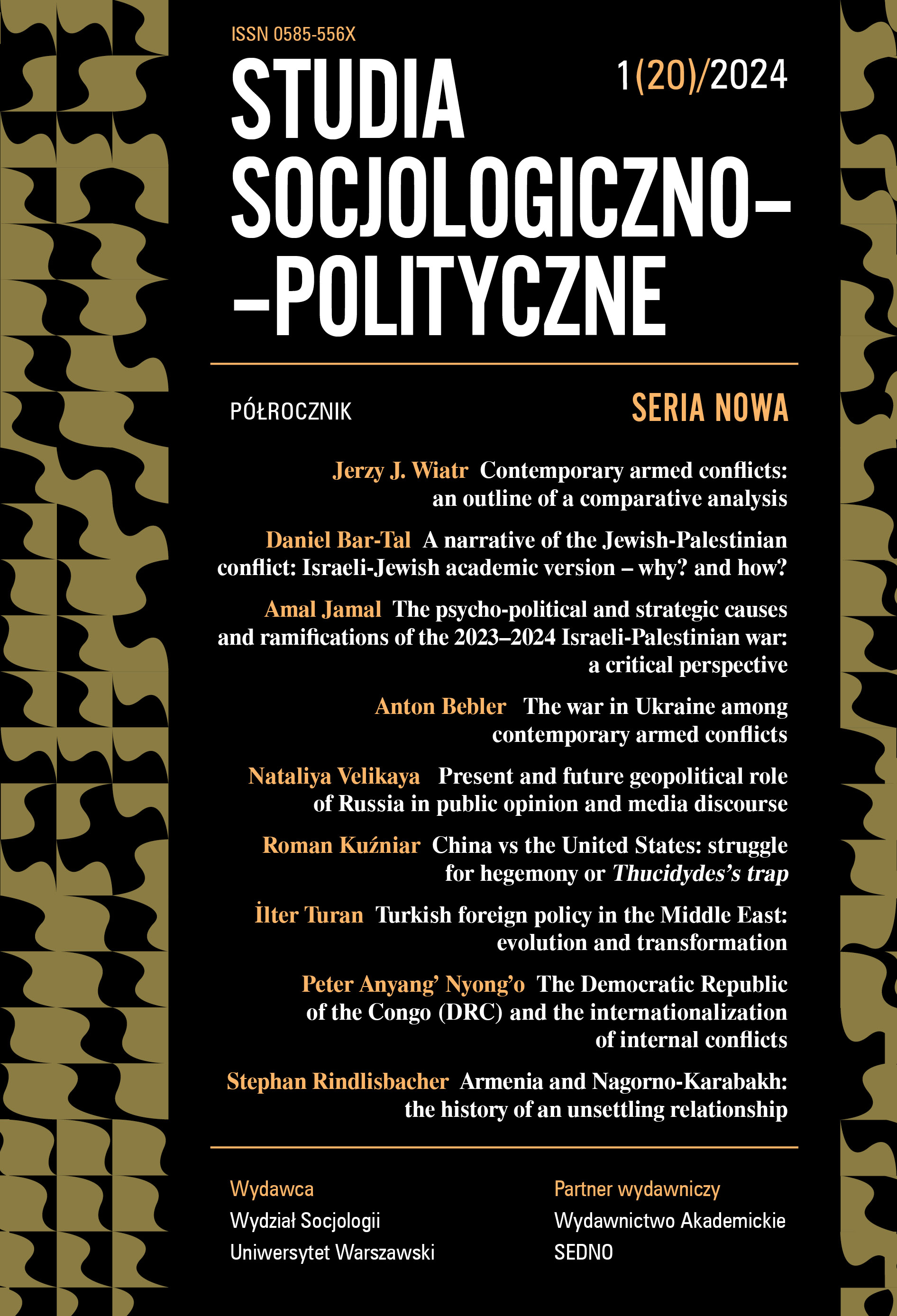
The Armenian-Azerbaijani conflict has been a visible constant on the international stage since 1988. On the Armenian side, the commemoration of the genocide of 1915 and the Soviet decision to attach Nagorno-Karabakh to Azerbaijan in 1921 appeared to be the main drivers to produce and reproduce „groupness”. Whereas Armenian nationalist narratives had first been silenced and then mitigated during the Soviet era, they have become decisive since the dissolution of the USSR. Armenian ethnopolitical entrepreneurs exploited them to establish a new political legitimacy. With the wars in 2020 and 2023, the tide turned in favour of Azerbaijan, as it managed to reconquer Nagorno-Karabakh and expel its Armenian population. Now, Azerbaijan appears as the main driver of the conflict when it utters claims for a corridor to Nakhchivan through the Armenian territory.
More...